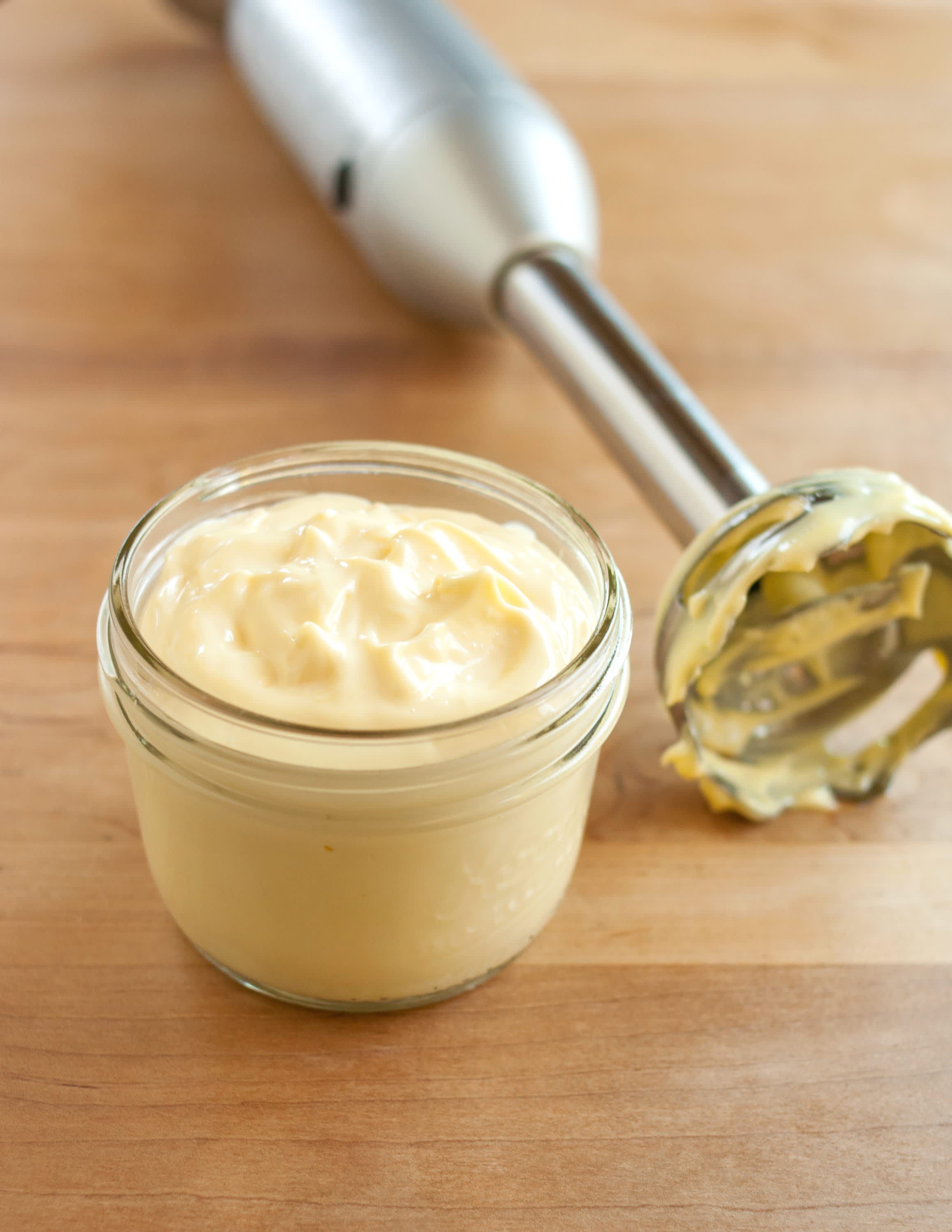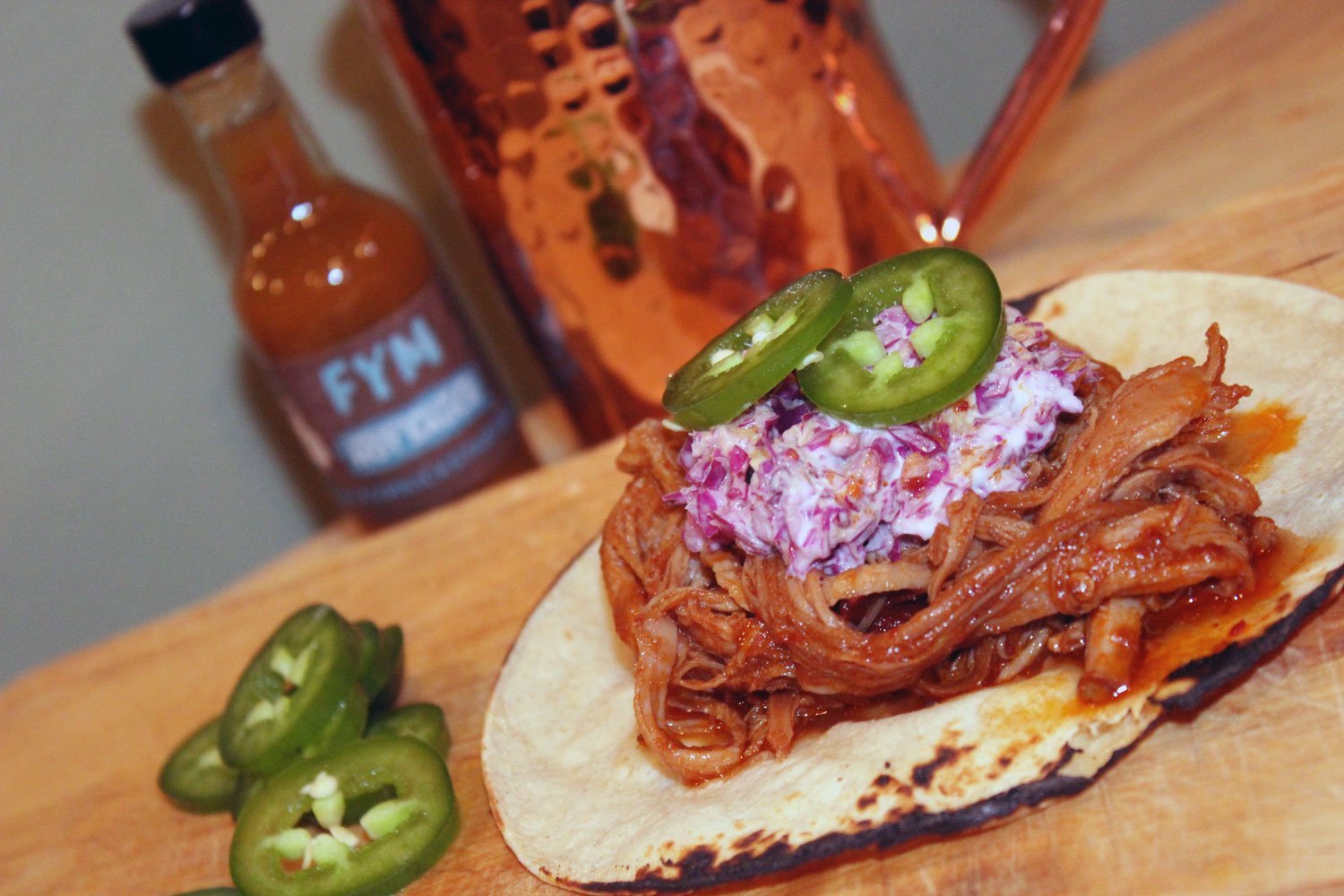What Kind of Peppers Are in Louisiana Hot Sauce and More?
Written By James Morgan
When it comes to the culinary traditions of the South, **Louisiana hot sauce** is a staple that resonates strongly with barbecue enthusiasts. One burning question many have is, 'What kind of peppers are in Louisiana hot sauce?' If youve ever doused your grilled meats, seafood, or even vegetables with that vibrant, tangy sauce, youve likely wondered what gives it that characteristic kick.
The answer lies primarily in the types of peppers used, notably the **Cayenne pepper**, which is often the star of the show. This article unpacks the various peppers used in Louisiana hot sauce, explores their origins, and explains how they are transformed into this beloved condiment.

Understanding the Base: Cayenne Peppers
The key ingredient in most **Louisiana hot sauces** is the **Cayenne pepper**. This moderately spicy pepper ranges from 30,000 to 50,000 Scoville heat units (SHU), making it just hot enough to enhance a dish without overwhelming the palate. Used not only for its heat but also for its vibrant red color, cayenne contributes to the sauce's appearance and overall flavor profile.
The Role of Vinegar
In addition to peppers, **vinegar** is a significant component of Louisiana hot sauce. The tangy nature of vinegar balances the heat of the peppers, creating a zesty experience. Many recipes use a blend of distilled white vinegar and apple cider vinegar to provide a depth of flavor that complements the peppers.
Additional Peppers in the Mix
While cayenne is the dominant pepper, some varieties of Louisiana hot sauce may include other peppers like **Tabasco** or even **Habanero**. These can be added for an extra layer of flavor or heat, creating a unique twist to traditional recipes. Tabasco peppers have a heat level similar to cayenne but have a different, more fruity flavor that can elevate your typical hot sauce.

The Hot Sauce Making Process
Once you know what kind of peppers are in Louisiana hot sauce, its exciting to explore how they are turned into the final product. The hot sauce-making process typically involves:
- Harvesting: Fresh peppers are harvested at their peak.
- Mashing: The peppers are mashed to release their essential oils and flavors.
- Fermentation: Some recipes involve fermenting the mash with salt for a few months, which can enhance the flavor further.
- Mixing: After fermentation, the mash is mixed with vinegar and sometimes salt.
- Bottling: The sauce is then packaged into bottles and distributed.
Adding Your Own Flavor
As a **barbecue enthusiast**, you might like to try making your own version of Louisiana hot sauce. You can start with the basicsCayenne peppers and vinegarand then let your creativity run wild with spices, fruits, or additional peppers to cater to your taste. You can find useful insights into making hot sauce on various sites.

Why Do We Love Louisiana Hot Sauce?
The enduring popularity of Louisiana hot sauce stems not only from its bold flavor but also its versatility. It can enhance virtually any dish
- Grilled meats: It adds a spicy kick to barbecued chicken, ribs, and sausages.
- Seafood: A dash can elevate a simple shrimp dish or even oysters.
- Eggs: Many folks love adding hot sauce to breakfast eggs.
This widespread use not only makes it a cherished condiment in the South but also an essential addition to the pantries of food lovers around the globe. Check out hot sauce recipes to see how you might customize your flavor profiles.

Common Myths About Louisiana Hot Sauce
Despite its popularity, several myths surround Louisiana hot sauce:
- It's only about heat: Many believe it's solely for heat, while flavor plays a significant role.
- All hot sauces are the same: Each brand typically has a different pepper blend and fermentation process that can affect heat and flavor.
Conclusion
Louisiana hot sauce, with its vibrant peppers and zesty blend, remains a favorite among barbecue enthusiasts for good reason. Knowing what kind of peppers are in Louisiana hot sauce deepens your appreciation for this condiment and allows you to use it to elevate your culinary creations. So the next time you're firing up the grill, consider how a splash of hot sauce can take your barbecue experience to new heights.
FAQs
1. Can I use different peppers in my hot sauce?
Absolutely! While cayenne is traditional, experimenting with other peppers can lead to unique flavors and heat levels.
2. What is the shelf life of homemade hot sauce?
Homemade hot sauce can last several months in the refrigerator, especially if it contains vinegar and is stored in a sterile container.
3. How can I tone down the heat of Louisiana hot sauce?
Mix it with yogurt, sour cream, or mayonnaise to reduce the heat while still enjoying the flavor.
As an Amazon Associate, I earn from qualifying purchases.



